PRODUCTS
Masimo Patient SafetyNet™*
Supplemental Monitoring and Clinician Notification System
Patient SafetyNet is a supplemental monitoring and clinician notification system which displays near-real time information from any connected Masimo or third-party device at a central station and allows alarms and alerts from bedside devices to be sent directly to clinicians.
*The use of the trademark PATIENT SAFETYNET is under license from University HealthSystem Consortium.
Continuous Supplemental Monitoring
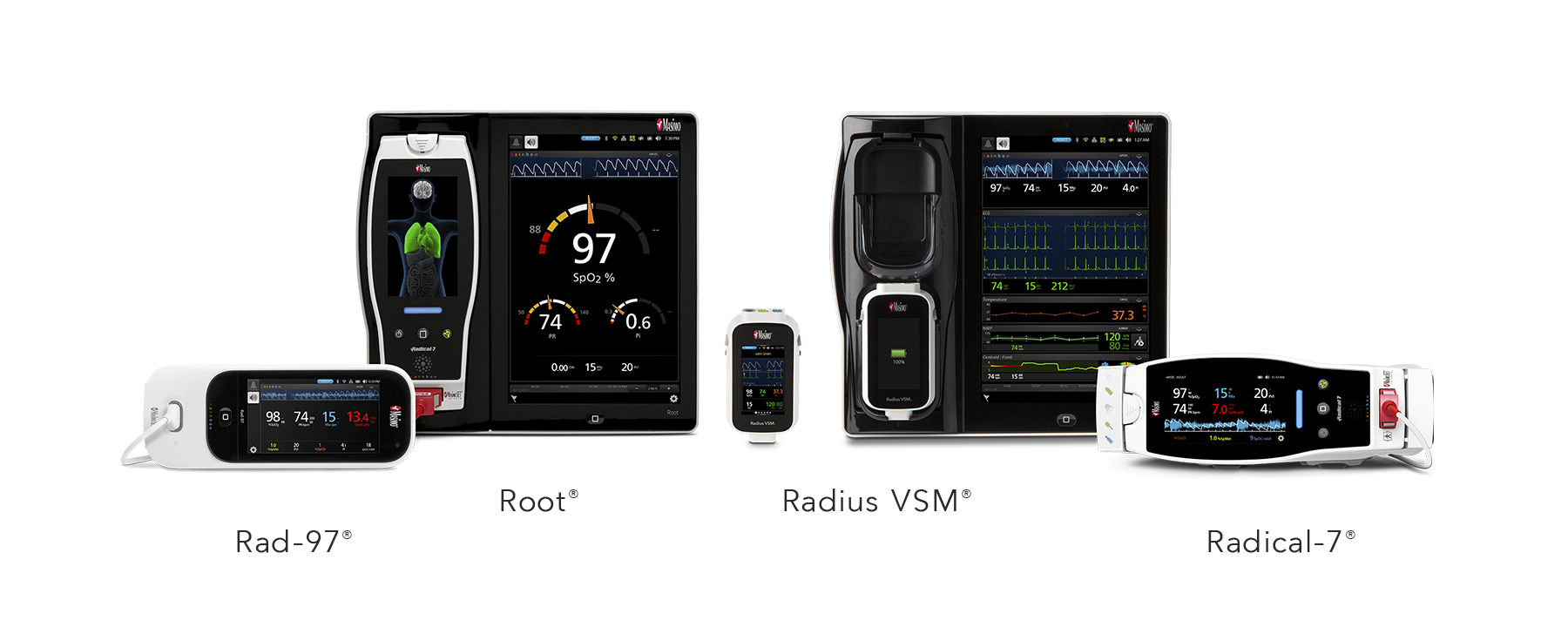
Customizable Central View Station
Patient SafetyNet allows clinicians to monitor up to 500 patients from a central view station.
The configurable display allows clinicians to view the status of up to 40 patients at a glance, as well as investigate alarms and dive deeper into trend data.
Remote Clinician Notification
Patient SafetyNet sends notifications of patient alarms in near-real time to the assigned clinician via the Masimo Replica® mobile app.
When alarms are not addressed in a timely fashion, automated alarm escalation can help clinicians avoid potentially adverse patient events.
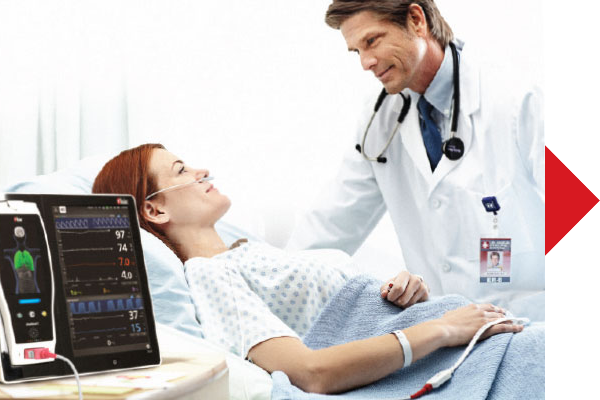
All alarms are set at the point-of-care device.
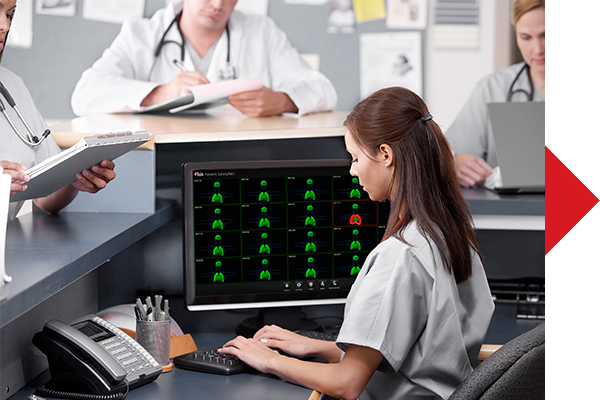
Patient SafetyNet provides a supplemental alarm notification system, making device information available outside the patient's room.
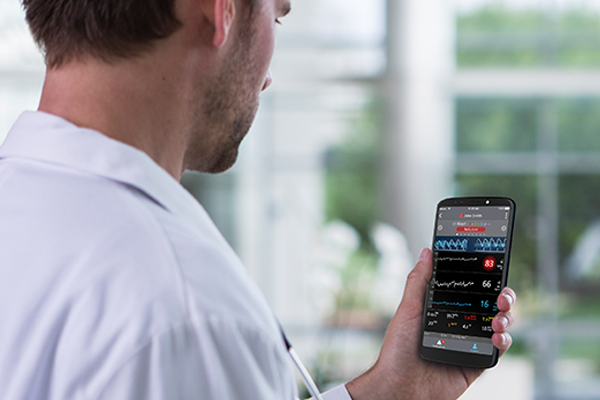
Escalating alerts and patient data are visible to clinicians on their mobile devices.
Case Study: Reduction in CPR Events and Hospital Length of Stay
In a before-and-after study conducted in a 1,200 inpatient bed facility, researchers observed a significant reduction in the rate and number of CPR events following the implementation of Masimo Patient SafetyNet, Replica, and a modified early warning score.
This led to a reduction in hospital length of stay, as well as an increase in meaningful activations of rapid response teams.1
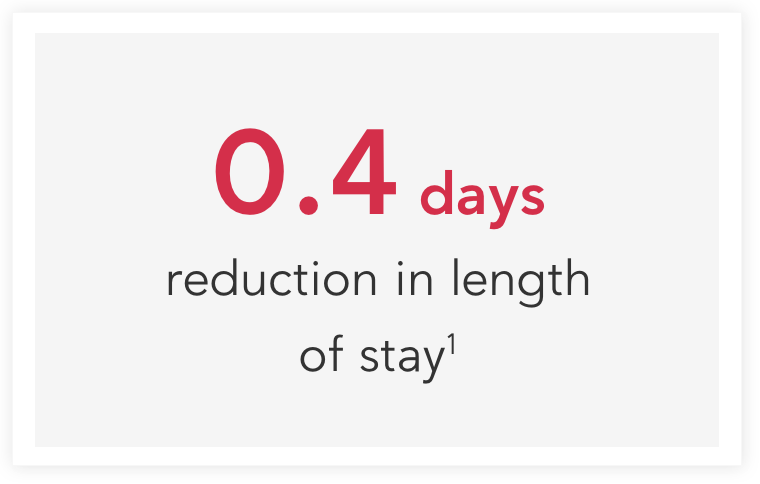
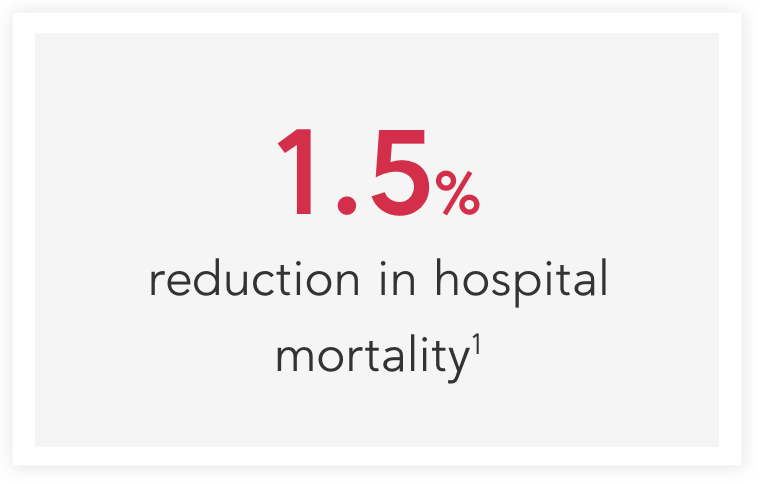
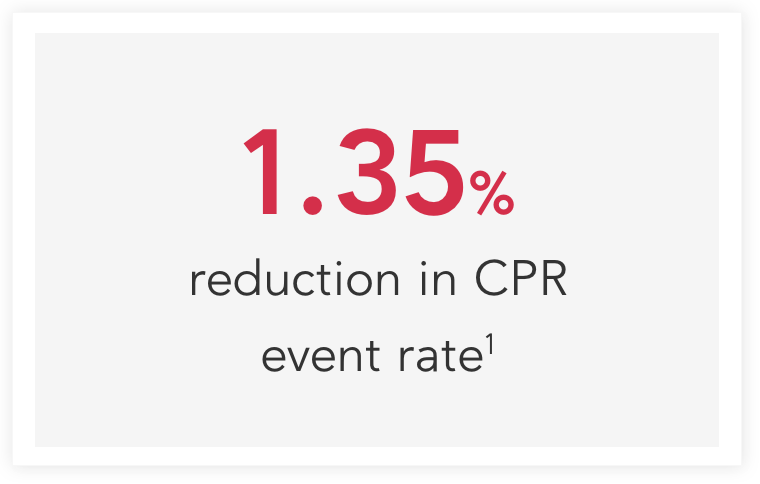
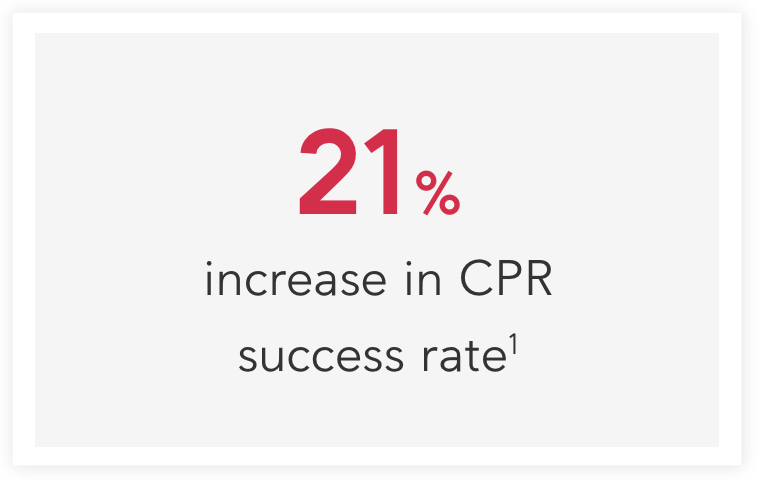
Simplifying Workflows with ADT and EMR Integration
Patient SafetyNet and Root interface with hospital HL7 Admit Discharge Transfer (ADT) systems, allowing clinicians to associate patients with their data at the bedside through a drop-down list or barcode scanning.
Automatic Data Transfer
Automatic data transfer from medical devices to the electronic medical record (EMR) may improve productivity and reduce the likelihood of transcription errors.2
Automated Transmission and Recording
Patient SafetyNet automates the transmission and recording of key data from connected Masimo and third-party devices to the EMR, helping clinicians spend less time recording information and more time caring for patients.
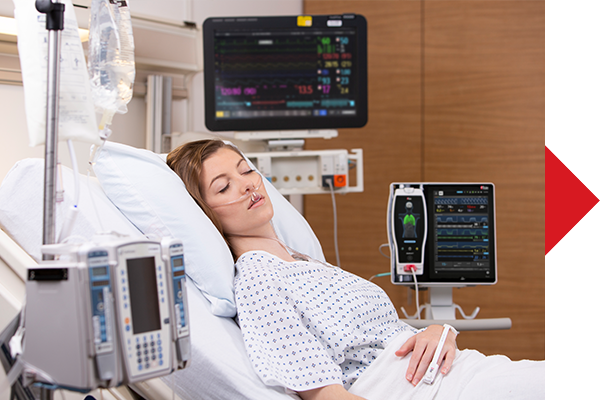
Root + Third-party Standalone Devices
Root’s built-in Iris® ports act as a connectivity hub for third-party standalone devices.
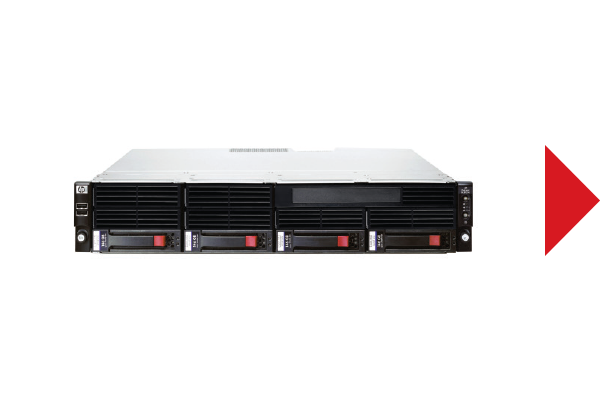
Patient SafetyNet
Patient SafetyNet converts all Masimo and third-party bedside device data into HL7.
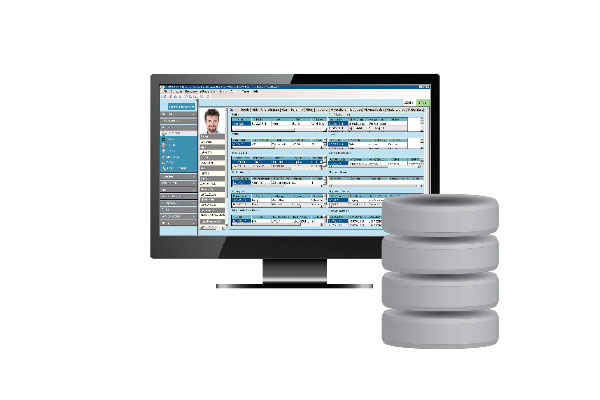
EMR
Patient SafetyNet automates data transfer from multiple devices to the EMR.
Scalability Matters
With Patient SafetyNet Lite Edition, clinicians can realize the benefits of Masimo's supplemental monitoring platform without a dedicated physical or virtual server, optimized for smaller institutions and individual departments. Contact your Masimo representative to discuss which Patient SafetyNet solution is right for you.
Case Study: Improving Outcomes on the General Floor
Landmark Study & Expansion
In a landmark study from 2010, researchers at Dartmouth-Hitchcock Medical Center in New Hampshire found that continuously monitoring adult patients on a post-surgical floor using Patient SafetyNet and Masimo bedside devices resulted in a 65% reduction in rapid response team activations and a 48% reduction in transfers back to the ICU.3
Following the initial implementation, Patient SafetyNet with Masimo bedside devices was expanded to cover more than 200 inpatient beds in all medical and surgical units.
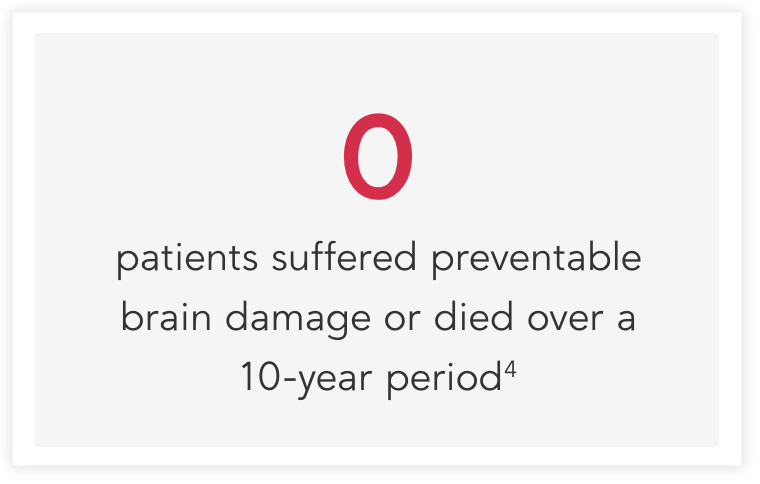
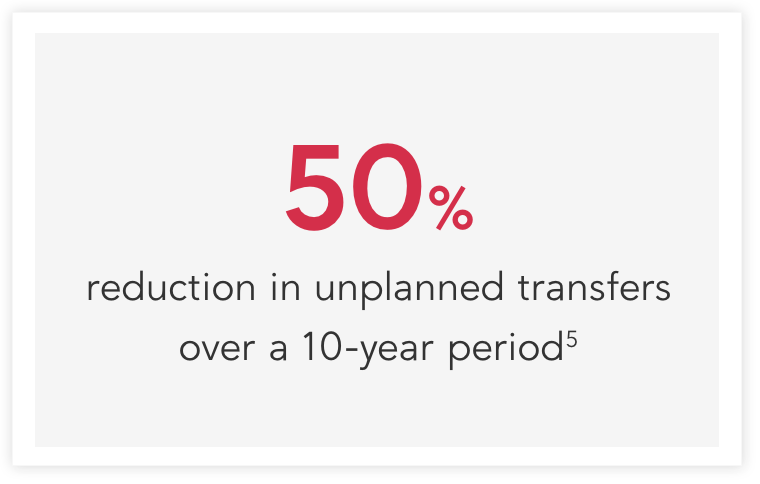
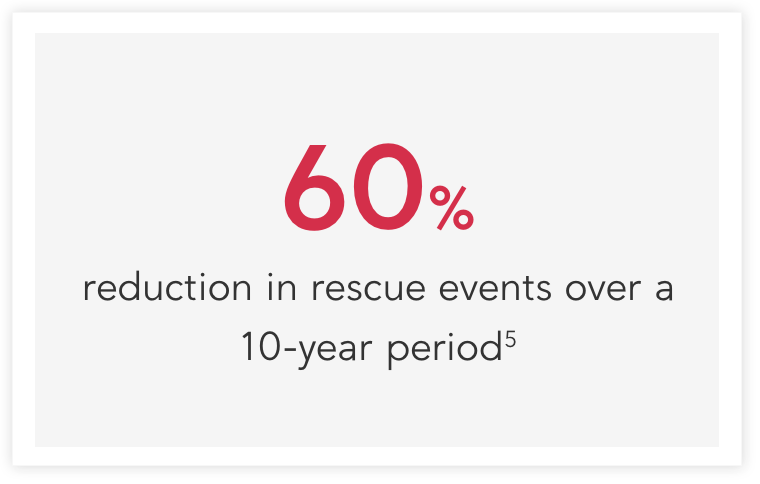
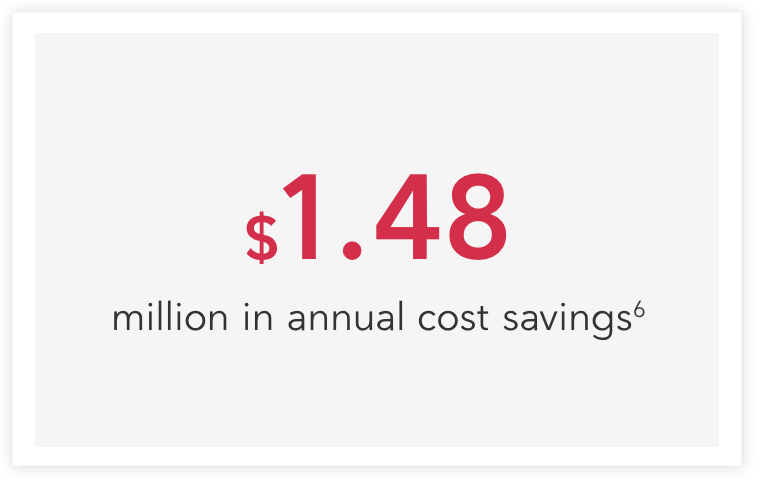
Continued Results
In subsequent articles, culminating in a study published in 2020, researchers showed that Patient SafetyNet had helped the Dartmouth-Hitchcock to achieve their goal of zero preventable deaths or brain damage due to opioids over a 10-year period,4 as well as maintain a 50% reduction in unplanned transfers and 60% reduction in rescue events, despite increases in patient acuity and occupancy.5

Clinician Story: Continuous Patient Surveillance Monitoring
Nancy Karon, BSN, RN-ONC, Dartmouth-Hitchcock Medical Center, discusses how Patient SafetyNet helps save lives at one of the nation’s leading hospitals, as part of their 2011 Nursing Annual Report (published May 2012).
Patient SafetyNet Products & Solutions
Explore additional solutions in the Masimo Patient SafetyNet product ecosystem.
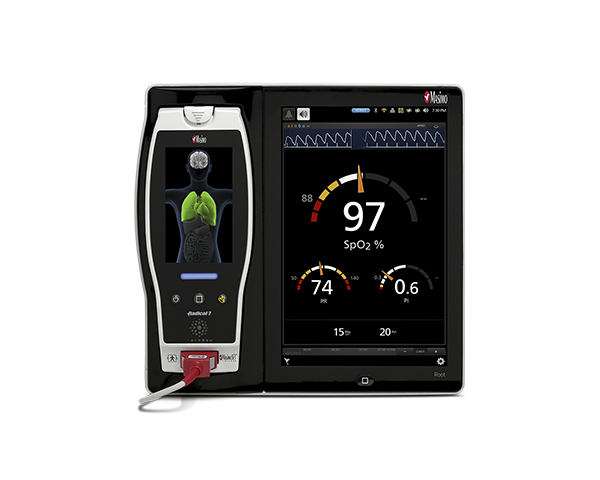
Root®
Patient Monitoring and Connectivity Hub
Expandable, customizable patient monitoring and connectivity platform
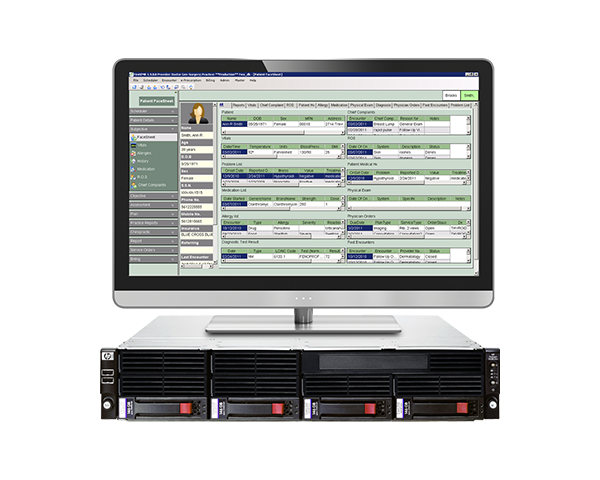
Iris® Gateway
Interoperability Solution
Automate data transfer from bedside devices into electronic medical records
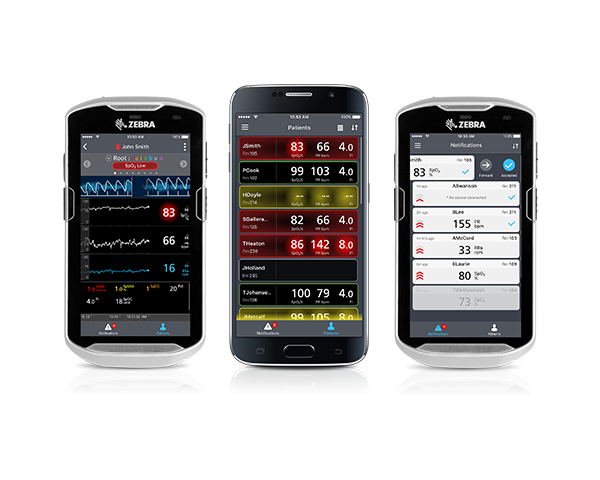
Replica®
Mobile Application
View patient data from a mobile device, regardless of location with Replica®
Resources
Materials
Videos
Schedule a Demo
Contact your Masimo representative or complete the form below.
Balshi AN et al. PLOS ONE. 2022;17(11):e0277992. doi:10.1371/journal.pone.0277992
The Value of Medical Device Interoperability. West Health Institute. 2013.
Taenzer AH et al. Anesthesiology. 2010;112(2):282-287.
McGrath S et al. Inpatient Respiratory Arrest Associated with Sedative and Analgesic Medications: Impact of Continuous Monitoring on Patient Mortality and Severe Morbidity. J Patient Saf. 14 March 2020.
McGrath SP et al. The Joint Commission Journal on Quality and Patient Safety. 2016 Jul;42(7):293-302.
Taenzer AH et al. Anesthesia Patient Safety Foundation Newsletter. Spring-Summer 2012.
Caution: Federal (USA) law restricts this device to sale by or on the order of a physician. See instructions for use for full prescribing information, including indications, contraindications, warnings, and precautions.
PLCO-003841/PLM-11210D-0325